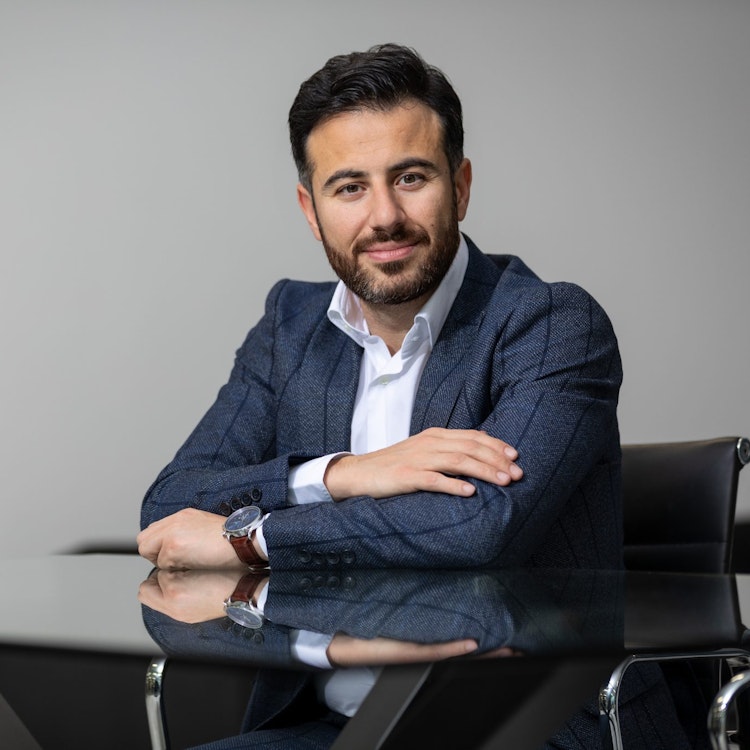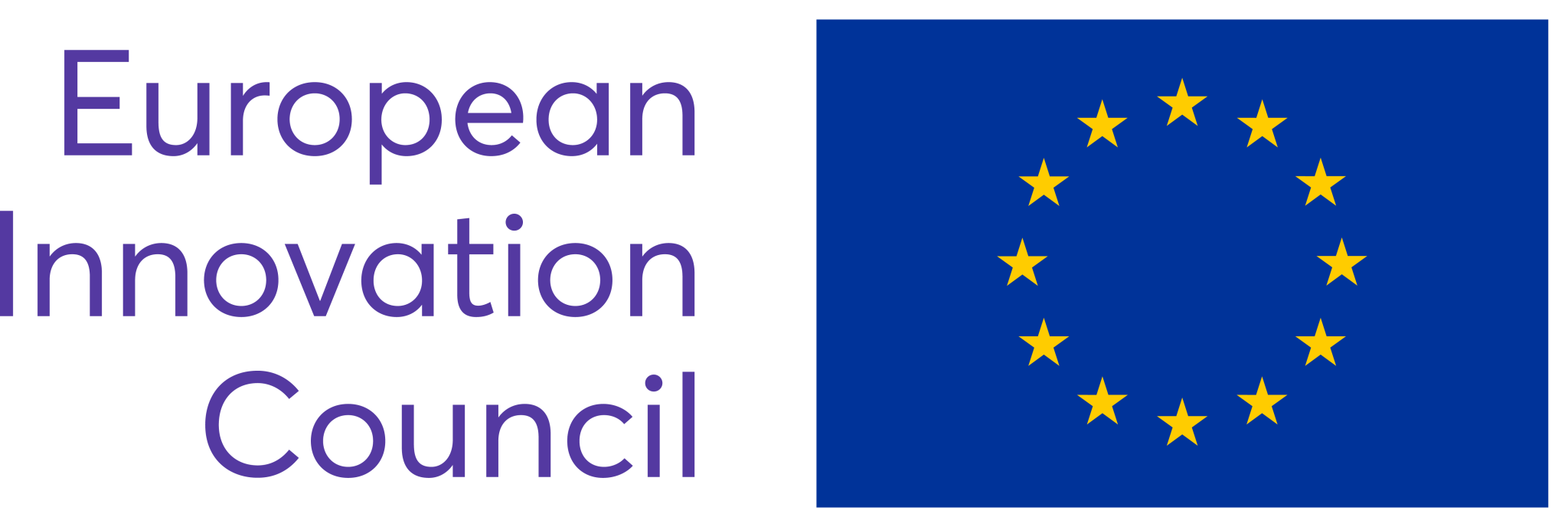Europe is often seen as lagging behind the US and China in the global innovation race. In the EU’s latest Science, Research and Innovation Performance report, figures show that investment in European research and development is tracking behind the US, Japan, South Korea and China — despite being a top global player in scientific research.
It’s clear entrepreneurs need help to access capital markets, and talent to scale their businesses on an international stage.
The European Innovation Council (EIC) is Europe’s flagship innovation programme, with a budget of €10bn at its disposal. One advisory board member, Yousef Yousef, believes Europe’s competitiveness lies in focusing on sectors such as deep tech, AI and sustainability.
He’s also the founder-CEO of LG Sonic, which uses ultrasound, real-time water quality data and AI to restore aquatic ecosystems without the use of chemicals. The business is active in 69 countries and has five offices around the world.
“My journey with the EIC began with a deep-seated belief in the transformative power of innovation,” he says. “Our mission at the EIC is to empower founders not just with capital, but with the skills, connections, and contracts that are crucial for long-term success. It’s this comprehensive support that will propel European startups to the global stage.”
In an interview with Sifted, Yousef explains how the EIC’s approach is creating an ecosystem that’s prime for global success:
Sifted: You started your company LG Sonic in 2011 — how have you seen the world’s view of European tech change over that time?
European governments and VCs now know how to support startups
Yousef: It’s changed a lot in a positive way. Starting a business back then was not as sexy in Europe as it was in the US. There were no risk-taking investors, and the corporates and government were not as supportive as they are now.
European governments and VCs now know how to support startups — we’re seeing specialist funds such as the EIC Fund or National Growth Fund in the Netherlands, which only invests in deep tech startups, for example – and they also accept that not all startups will be successful.
What will the next phase of European tech look like?
We have the potential to create much more meaningful businesses with breakthrough technology that is ground-changing for humanity. Europe has a much better infrastructure to scale these technologies in a sustainable way. Europe sometimes gets a lot of criticism for being slow and waiting for regulation but I truly believe we are doing the right thing.
Regulation is there to protect us. Innovation is not only about economics but also about social impact and we need to get it right. Taking things a bit slower is not necessarily a bad thing.
What challenges do European startups face, compared to somewhere like the US and China?
We are still behind in VC investment. It’s improving but it’s still there. But the biggest problem we have is access to the market. In the US it’s so easy to scale because once you prove something works in Florida, all of the other states will accept your technology much easier. It's the same culture, the same language, the same currency.
In Europe, if something works in Greece and you want to export it to Germany, it’s a different game. In China, most of the breakthrough technologies are state-owned and can be pushed to the market in a much faster way.
How is the EIC trying to help?
Scaling a business is a tough journey. Like the elite athletes who have coaches, nutritionists, physiotherapists and sports psychologists on their teams, the EIC Business Acceleration Services (BAS) aim to give EIC entrepreneurs and early-stage innovators the skills, contacts and contracts to succeed.
We have a network with more than 1,000 corporate partners and public procurers, 140 ecosystem partners, hundreds of coaches and mentors, and 100 experts in intellectual property and other regulations. We have six international trade fairs a year, taking startups to the US, Asia and the Middle East. In the past three years, our matchmaking services have scored 103 deals with big companies, investors and procurers, and our international trade fairs have seen deals worth €50m signed in new revenue.
Do you have any examples where this strategy has paid off? What difference did corporate partnerships play in your own success?
Every successful business needs a strategic partner to launch effectively. The power of corporations to introduce and scale new technology is unmatched. Corporations often have a deeper understanding of the market and supply chain than most entrepreneurs, allowing them to scale innovations much faster. In our case, a partnership with a major water utility allowed us to validate our technology and rapidly expand its reach, something that wouldn’t have been possible with any marketing budget alone.
Recent successes from the EIC’s Corporate Partnership Programme have included a deal between the EIC-funded Dutch-based company Circularise and Neste to bring traceability software into circular polymer and chemical supply chains; measurement technology startup Nanolike teaming up with Holcim, a global leader in sustainable building solutions; and the EIC introducing the Portuguese energy giant Galp to 15 startups from 11 countries.
EIC beneficiary .lumen was also selected to come to CES 2024 in Las Vegas earlier this year and has benefited greatly from global exposure and various new partnerships ever since. Last month, they broke records by raising €1m in one day [on a crowdfunding platform].
How can Europe best compete with the US and China in the future?
I am very optimistic about the ability of Europe to compete but with European values. Europe is driving responsible quantum computing, leading AI innovation with a focus on protecting rights, and advancing the development of sustainable green technologies to shape a better future.
But entrepreneurs need to fight the long fight. It’s a marathon, not a sprint.
But entrepreneurs need to fight the long fight. It’s a marathon, not a sprint. They need to focus on solving a real problem and create real value, rather than following the hype. They need to understand the ecosystem, choose one or two markets to focus on and remain true to their values. The EIC BAS team is incredibly passionate about helping EIC entrepreneurs and early-stage innovators, but founders also need to go for it and make things happen for themselves too.





